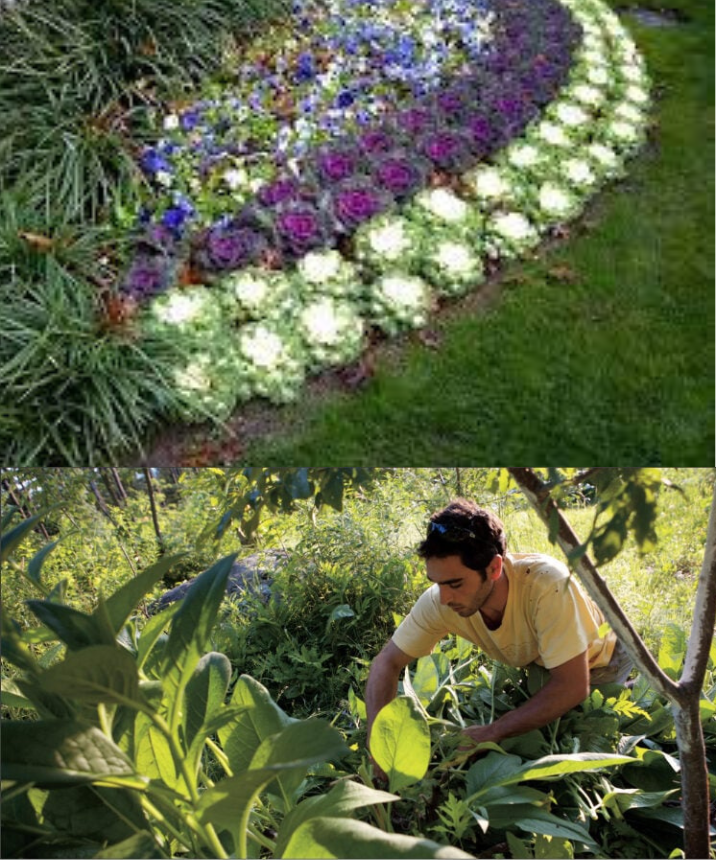Preppers, individuals who prepare for long-term emergencies, value self-sufficiency and resilience in times of crisis. One way to achieve this is by incorporating perennial plants into their preparedness plan. Perennial plants are those that regrow year after year, making them a long-term investment for food security and other basic needs. Here are some ways preppers can make the most of perennial plants:
- Continuous Food Security
- Perennial plants provide a steady supply of fresh and nutritious food without the need to replant every season.
- Grow perennial herbs like rosemary, thyme, and sage to season your meals and provide essential nutrients.
- Invest in perennial fruit bushes such as blueberries, currants, and raspberries for fresh fruit over multiple seasons.
- Natural Medicine
- Many perennial plants have medicinal properties and can be used to treat a variety of ailments.
- Cultivate plants like lavender, chamomile, and mint, which have soothing properties and are useful for stress relief and digestive health.
- Learn about the medicinal properties of perennial plants and how to use them safely and effectively in case of emergency.
- Sustainability and Resilience
- Perennial plants are resilient and can survive in a variety of climatic and environmental conditions.
- Cultivating a variety of perennial plants increases the biodiversity of your garden and enhances ecosystem resilience.
- Perennial plants are also beneficial for the soil, as they help retain moisture, prevent erosion, and improve soil health over time.
- Autonomy and Resource Savings
- By growing your own perennial plants, you reduce your dependence on store-bought food and medicines.
- Perennial plants require less water and maintenance than annual plants, saving you time and resources.
- Additionally, by harvesting your own herbs, fruits, and vegetables, you save money in the long run and have a steady supply of fresh and healthy food.
In summary, perennial plants are an invaluable tool for preppers looking to increase their self-sufficiency and resilience in times of crisis. With careful planning and proper cultivation, you can make the most of these plants to ensure long-term food security, health, and sustainability.
